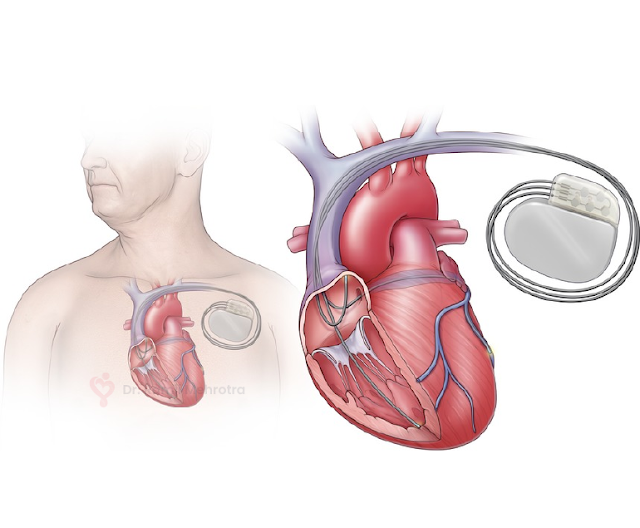Dr. Ramji Mehrotra | Heart-Healthy Habits
Heart-healthy habits encompass a range of practices that promote cardiovascular wellness. Here's a comprehensive list of such habits: 1. Regular Exercise: Engage in physical activity for at least 30 minutes most days of the week. Activities like walking, jogging, swimming, cycling, and dancing are great for cardiovascular health. 2. Healthy Diet: Eat a balanced diet rich in fruits, vegetables, whole grains, lean proteins (such as fish, poultry, beans, and legumes), and healthy fats (like those found in nuts, seeds, and avocados). Limit intake of saturated fats, trans fats, cholesterol, sodium, and added sugars. 3. Maintain a Healthy Weight: Strive to achieve and maintain a healthy weight through a combination of balanced diet and regular exercise. Excess weight, especially around the midsection, can strain the heart. 4. Quit Smoking: If you smoke, quit. Smoking is a major risk factor for heart disease and can damage blood vessels, leading to cardiovascular issues. 5. ...

